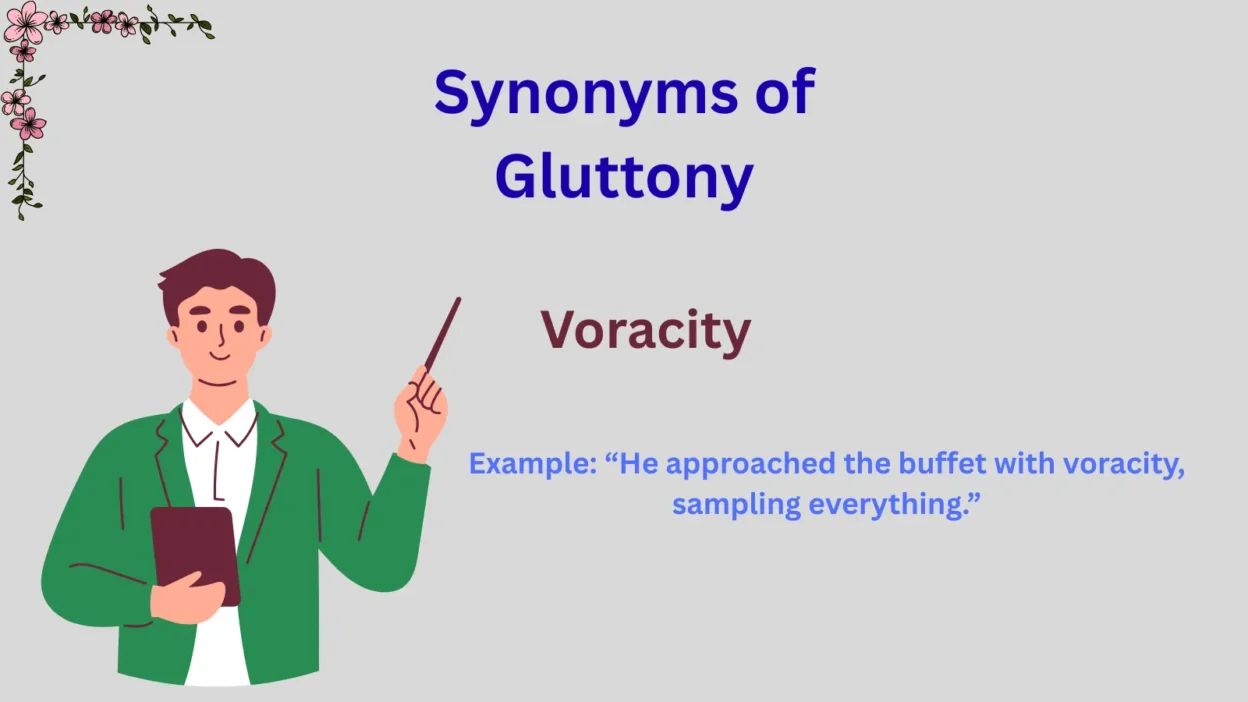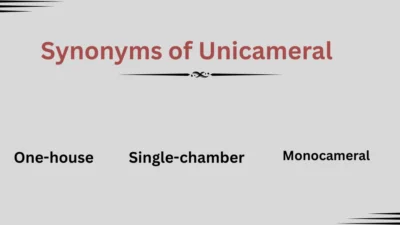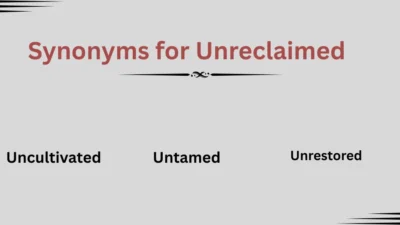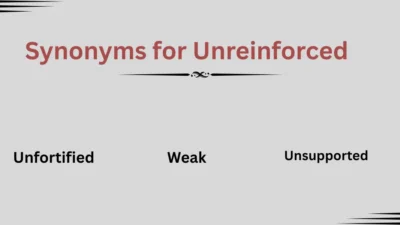Synonyms of gluttony, such as overindulgence, voracity, and excess, describe the act of eating or consuming too much, or craving more than is needed. For example, voracity highlights an intense hunger, while overindulgence can apply to food, drink, or even material pleasures. These words capture different shades of appetite, greed, or lack of moderation, helping you convey the idea more precisely.
These synonyms of gluttony not only make your writing stronger but also allow you to explore the concept of excess in vivid and nuanced ways. From literature to everyday life, the language of gluttony reveals both indulgence and consequence.
If you’re writing about behavior, morality, or human nature, choosing the right synonym for gluttony gives your description clarity and impact.
What Does Gluttony Mean?
Gluttony means excessive eating or overconsumption, often paired with greed or lack of self-control. The word comes from the Latin gluttire, meaning “to gulp down” or “swallow.”
Traditionally, gluttony is considered one of the seven deadly sins, but it can also describe overindulgence beyond food, like drinking, shopping, or hoarding.
Depending on context, gluttony can suggest:
- Extreme or uncontrollable appetite
- Overindulgence in food, drink, or pleasure
- Greed or selfish excess
- Lack of moderation or restraint
It’s not just about eating too much—it’s about taking more than is needed and letting desire control behavior. Gluttony captures the tension between indulgence and self-discipline, showing both human weakness and excess.
30 Synonyms of Gluttony (With Meanings, Usage, and Examples)
1. Overeating
Description: Eating more than what is necessary or healthy.
Example: “His constant overeating at parties concerned his friends.”
Usage: Neutral to mildly critical; suitable in health or casual contexts.
2. Overindulgence
Description: Excessive indulgence in anything pleasurable, not just food.
Example: “Her overindulgence in desserts led to frequent stomach aches.”
Usage: Formal or literary; conveys criticism gently.
3. Voracity
Description: Extreme eagerness or insatiable appetite, often for food or knowledge.
Example: “He approached the buffet with voracity, sampling everything.”
Usage: Can be dramatic or literary; suitable for describing intense desire.
4. Rapacity
Description: Aggressive greed or hunger, often metaphorical for consumption beyond food.
Example: “The CEO’s rapacity for power overshadowed his other qualities.”
Usage: Strong, moralistic tone; often negative and formal.
5. Greed
Description: Desire for more than one needs, often for food, money, or possessions.
Example: “His greed at the dinner table embarrassed everyone.”
Usage: Broader than gluttony; works well when the focus is moral critique.
6. Appetite
Description: Desire for food, but can also metaphorically describe desire for anything.
Example: “She has a healthy appetite for life’s pleasures.”
Usage: Neutral; can be literal or metaphorical, positive or negative depending on context.
7. Ravenousness
Description: Extreme hunger or eagerness to consume.
Example: “After the long hike, they were ravenous and devoured the sandwiches.”
Usage: Dramatic, informal; best for intense, immediate hunger or desire.
8. Hunger
Description: A natural desire to eat can imply a lack of control when excessive.
Example: “His hunger for sweets seemed endless.”
Usage: Neutral; context determines whether it is serious, humorous, or moralistic.
9. Edaciousness
Description: Eating with voraciousness or greed.
Example: “The edaciousness of the banquet guests was hard to ignore.”
Usage: Rare, literary; adds a formal or scholarly tone.
10. Intemperance
Description: Lack of moderation in food, drink, or behavior.
Example: “Intemperance in drinking caused him many health issues.”
Usage: Formal, often moralistic; conveys disapproval.
11. Excess
Description: General overindulgence in anything pleasurable.
Example: “The party was a celebration of excess.”
Usage: Flexible; neutral in description, critical in judgment.
12. Self-indulgence
Description: Giving in to one’s desires excessively.
Example: “Her self-indulgence in chocolate was evident after every lunch.”
Usage: Slightly critical; works well in social or personal contexts.
13. Hogging
Description: Informal term for consuming more than one’s share.
Example: “Stop hogging all the fries!”
Usage: Casual, often humorous; literal or metaphorical.
14. Gluttonousness
Description: The state or quality of being gluttonous.
Example: “His gluttonousness was famous among his peers.”
Usage: Formal or literary; emphasizes character trait rather than an action.
15. Indulgence
Description: Yielding to desire, sometimes excessive.
Example: “A weekend of indulgence in pastries can be tempting.”
Usage: Neutral to mildly critical; context determines tone.
16. Engorgement
Description: Overfilling or overconsumption, often physically.
Example: “The Thanksgiving feast led to a state of engorgement.”
Usage: Formal, vivid; often descriptive in nature.
17. Wallowing
Description: Excessive consumption in a short period.
Example: “He spent the weekend wallowing in junk food.”
Usage: Informal; modern and often used in media or health discussions.
18. Devouring
Description: Eating quickly and eagerly.
Example: “She was devouring the cake before anyone else could reach it.”
Usage: Dramatic, vivid; can be literal or metaphorical.
19. Consumption
Description: The act of consuming, sometimes excessively.
Example: “The consumption of sugary drinks has risen sharply.”
Usage: Neutral, factual; good for formal or analytical contexts.
20. Excessive desire
Description: Intense longing or craving, not limited to food.
Example: “His excessive desire for sweets worried his nutritionist.”
Usage: Clear, explanatory; useful in educational or moral discussion.
Colurisma.com is your new home for meaningful quotes that inspire your day, lift your mood, and touch your heart.
21. Craving
Description: Strong urge or longing, often short-term.
Example: “She had a sudden chocolate craving.”
Usage: Informal, casual; lighter tone than gluttony.
22. Overconsumption
Description: Eating or using more than is needed.
Example: “Overconsumption of snacks can lead to health problems.”
Usage: Neutral, often used in health or economic contexts.
23. Indulgence
Description: Pleasure-seeking beyond moderation.
Example: “A little indulgence in desserts is fine once in a while.”
Usage: Softer, positive; good for less judgmental contexts.
24. Pigging out
Description: Informal slang for eating excessively.
Example: “They spent the night pigging out on pizza.”
Usage: Very casual; humorous or relatable.
25. Insatiability
Description: Impossible to satisfy, either physically or metaphorically.
Example: “His insatiability for sweets was a constant struggle.”
Usage: Literary, formal; emphasizes unending desire.
26. Voraciousness
Description: Having a huge appetite or desire.
Example: “She tackled the buffet with voraciousness.”
Usage: Dramatic, often literary; suitable for intense or descriptive writing.
27. Gourmandism
Description: Love of good food, often excessive.
Example: “His gourmandism was well-known among the culinary circles.”
Usage: Positive or neutral; can convey passion for food rather than moral judgment.
28. Hedonism
Description: Pursuit of pleasure as the highest good, not limited to food.
Example: “His hedonism led him to indulge in every available luxury.”
Usage: Philosophical or literary; conveys broader lifestyle choices.
29. Bellyful
Description: Informal term for fullness or overeating.
Example: “I’ve had a bellyful of desserts today.”
Usage: Casual, light; humorous or conversational.
30. Excessive appetite
Description: Large or unmoderated desire for food or pleasure.
Example: “His excessive appetite for sweets became a health concern.”
Usage: Clear, neutral; useful for descriptive or educational writing.
How to Choose the Right Synonym
When selecting a synonym for gluttony, consider context, tone, and emotional nuance:
- Formal/Literary: Use words like voracity, rapacity, edaciousness, or insatiability for dramatic or sophisticated writing.
- Neutral/Informative: Words like overindulgence, excess, overconsumption, and appetite work well for health, education, or factual contexts.
- Casual/Conversational: Terms like pigging out, hogging, devouring, and bellyful are suitable for everyday speech or humor.
- Moral Critique: Words like greed, intemperance, self-indulgence, and gluttonousness emphasize ethical judgment or social disapproval.
- Positive/Passionate: Terms like gourmandism or hedonism can carry admiration or respect for indulgence without negative connotations.
Cultural context also matters. For example, in religious or historical texts, gluttony or intemperance may resonate more due to traditional moral weight. In modern, casual conversation, pigging out or wallowing feels more relatable.
Conclusion
Gluttony synonyms offer rich options for expressing excessive desire, indulgence, or appetite. Understanding the subtle differences in tone, context, and emotional connotation allows you to choose words that fit your audience and purpose.
If you want to criticize, inform, or simply describe indulgence, selecting the right synonym can enhance clarity, impact, and engagement in your writing.
By considering formality, emotional tone, and cultural resonance, your choice of words can transform a simple description into a vivid, precise, and expressive statement.




